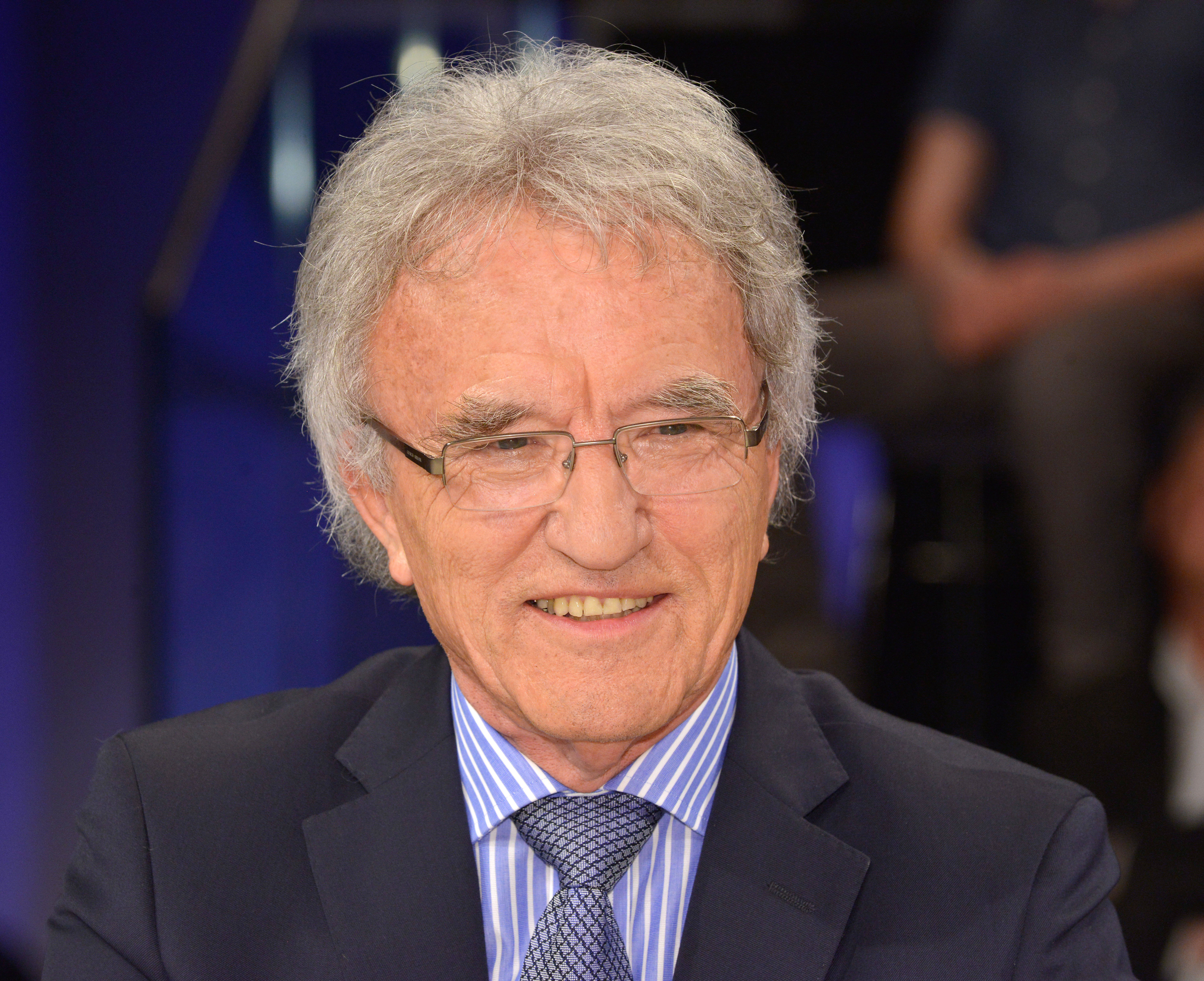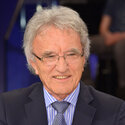Germany
Always Keep in Touch: Interview with Horst Teltschik

At the time of reunification, Horst Teltschik was one of the most influential figures of German unity as Deputy Head of the Chancellery of Helmut Kohl (CDU). He is one of the experts on German foreign and security policy and headed the Munich Security Conference for many years.
Interview conducted by Karen Horn
"Our disagreement is fatal in a multipolar world."

The fall of the Wall was a moment of happiness in history. Why was the time ripe in 1989?
A series of favorable developments came together. It began with the democratization efforts in Poland. Then it was important that we in the Federal Chancellery were in contact with Hungary. Prime Minister Miklós Németh was aware that the country needed economic and political reforms. Because Germany helped, they were ready to open the borders in 1989. Of central importance were also Gorbachev's reform efforts in the Soviet Union - and the fact that he had conveyed to the Warsaw Pact states that he would not interfere in the internal affairs of the Allies.
Didn't the policy of détente that had begun after the Cold War also play an important role?
Of course it did. The foundations for the policy of détente were laid in NATO with the 1967 "Harmel Report on the Future Tasks of the Alliance", the dual strategy that defined military security and détente as goals. Brandt's eastern policy was based on this. The process of the Conference on Security and Cooperation in Europe (CSCE), in which the FDP Foreign Ministers Scheel and Genscher played central roles, was also essential. But then the Soviet Union began to arm new medium-range missiles. NATO responded with the double decision. There was an ice age between East and West. It was not until 1985, with the resumption of summit diplomacy and with Gorbachev in office, that everything got moving again. The process we know took its course.
Today we are dealing with rulers who act authoritarian. Can we learn something from historical experience for dealing with Russia today?
In the West, there is a danger of identifying Putin as our main opponent and thus putting the brakes on ourselves. European security depends on Russia. We must always keep talking, that is the most important lesson. Reunification would not have happened if we had not spoken to Brezhnev. We must also remember that Putin believed that Russia should become a member of NATO. So we were much further along. That we are so divided is fatal in a multipolar world. The EU is, of course, in the process of weakening its influence with the Brexit.
Kohl thought German unity and European unification together. Where is this heading?
The problem with the EU is that it acts aimlessly. Nobody knows what the leading politicians have as objectives in Europe. The German government wants a stable Europe, but does not explain how this Europe is to be imagined. The citizens do not know whether more European integration is coming and what it should look like. Franco-German cooperation is the key to working in the EU, but it is not working at the moment. The advances made by the French President Macron have remained largely unanswered.